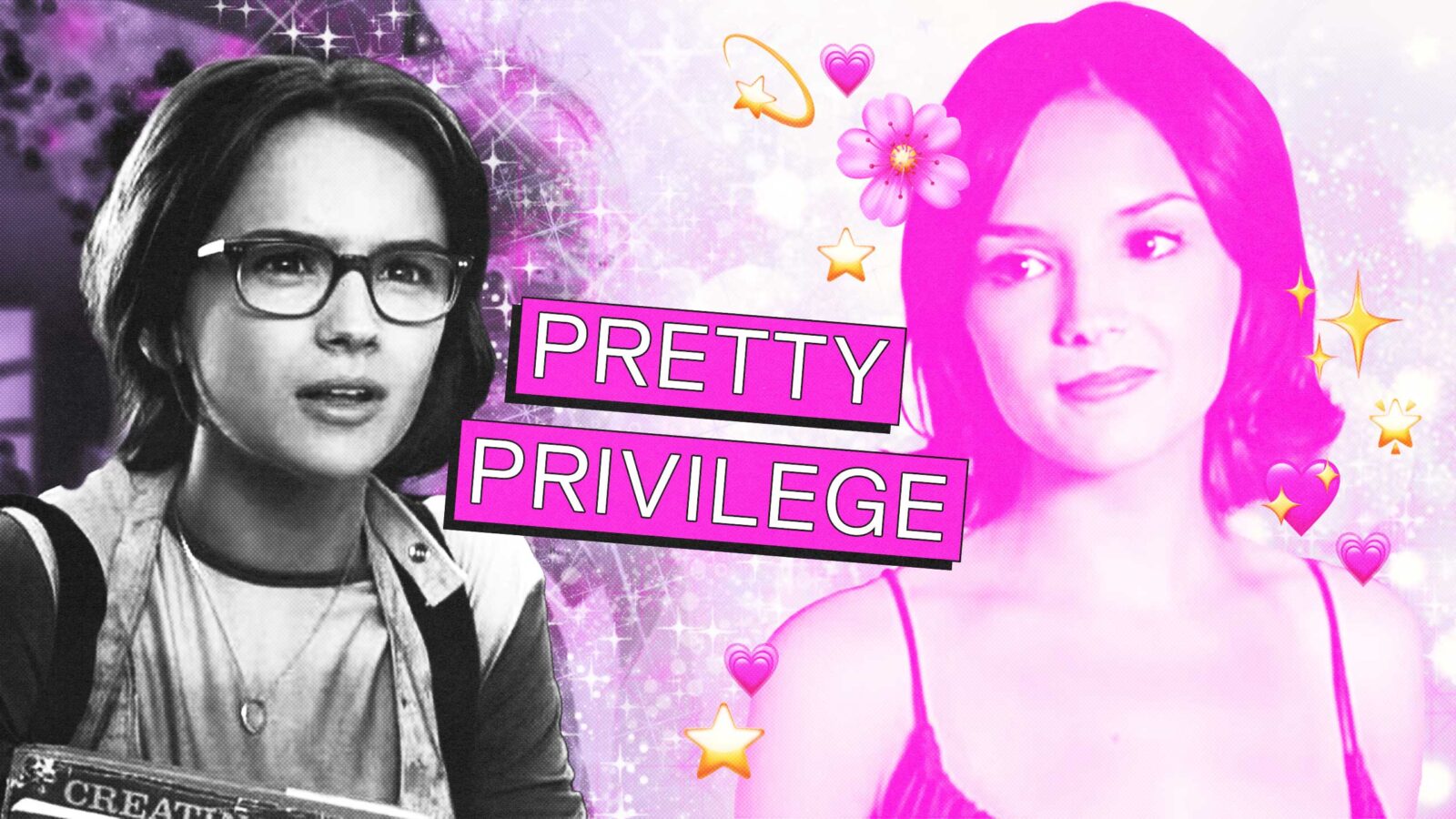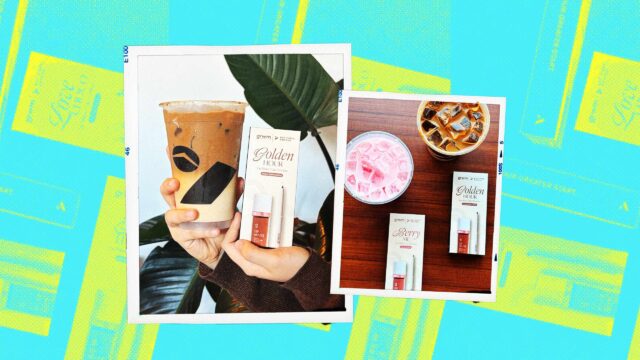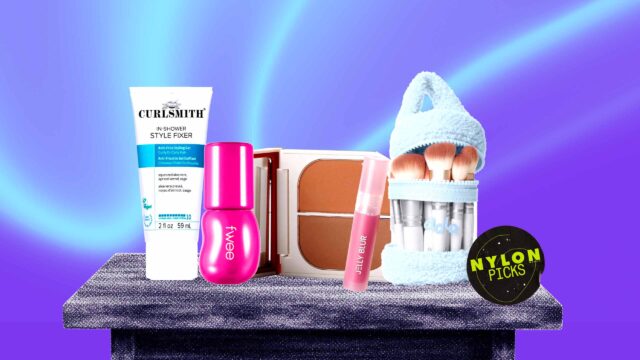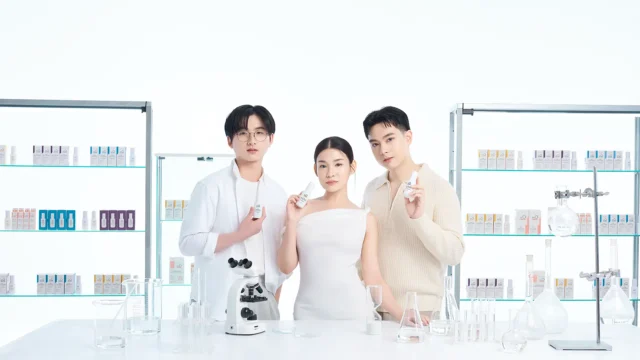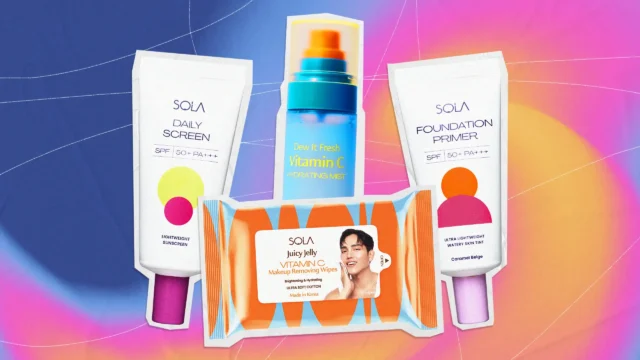“When pretty isn’t pretty enough, what do you do?” – Olivia Rodrigo
Related: The Problem With The ‘Clean Girl’ Tiktok Trend And ~Aesthetic~
Media often gives us magazine covers of flawless women or movies and shows with celebs with the best skin. It makes you ask, “Why can’t I look perfect if they can?” But the tea is, the celebrities and influencers that the public see (at least some of them) are wealthy beyond our reach and can afford cosmetic procedures that most can’t.
This focus on appearance leads to harsh beauty standards and criticism for those who don’t meet them. The digital era has fueled a culture obsessed with aesthetics, where looks seem crucial in every aspect of life, especially on social media. But maybe, it’s not just that they don’t think they live up to a certain standard that causes appearance-related concerns in many people.
An extension of this is the phenomenon we all know as pretty privilege. But what exactly is it? Basically, it means that people who are considered more attractive based on societal standards often get more perks compared to those who don’t fit the usual beauty standards. The scientific term for this is lookism. Pretty privilege is the slang term. Pretty privilege occurs when people who are seen as “more attractive” get more opportunities than people who are regarded as “less attractive”. Even though pop culture makes it seem like a huge advantage or a slay, there’s more to it than meets the eye.
THE FACE CARD BONUS
Filipinos whose beauty aligns with Euro-centric norms are the ones who probably benefit most from pretty privilege. Women who have fair skin and a skinny figure, or men who are muscular and tall, are more likely to experience advantages associated with pretty privilege. But it can also extend to just having clear skin, a nice face and body, and a good height. The benefits of this privilege include but are not limited to better job opportunities, better treatment by strangers, and being more approachable.
Think of it as like a life upgrade, but one that isn’t doled out equally. Pretty privilege can lead to more popularity, better grades, positive work reviews, and career growth. Attractive people often get hired more easily and earn higher salaries because others assume they are more capable and healthier. However, this advantage is less likely for transgender, black, brown, elderly, disabled, or plus-size individuals. TikTok has also brought awareness to pretty privilege as users share their personal stories and encounters, revealing instances where women have received special treatment such as free drinks, discounts, and other perks simply due to their physical attractiveness.
This isn’t to say that all pretty people get by just off their looks. Many also put in the hard work, skill, talent, and determination to do what they do. But there’s no denying having an A+ face card can open more doors as compared to others. It’s in the name, after all, and it’s a privilege to look a certain way that society deems attractive or desirable.
FLEXING THE PRIVILEGE
Besides societal standards, personal behavior also matters. For example, people might downplay their looks by pointing out flaws when they get compliments. Even though this might seem like being humble, it can actually hold you back, especially in situations where beauty and social advantages are involved.
It’s normal to worry about how you look, but issues arise when individuals continue to downplay their attractiveness.
Denying one’s beauty can equate to denying one’s privilege, which, in the long term, can be detrimental. Not recognizing your own beauty might mean overlooking the benefits that come with it. Embracing and understanding your unique advantages helps you better navigate and appreciate how beauty and privilege interact, leading to more opportunities, unlearning certain mindsets, and a clearer perspective. Trust me, when you embrace it, it’s the best thing you will have.
SO, IS IT A GOOD THING?
Take a moment to reflect on how you treat others. Do you give everyone equal respect, or do you unintentionally favor those who fit society’s beauty standards? It’s easy to be influenced by these biases, but being honest with yourself can help you challenge them.
Beauty is subjective, and everyone deserves to be treated with fairness, no matter their appearance. Stand up for those who may be treated unfairly, and remember that true inclusivity comes from showing respect and kindness to yourself and others beyond physical looks. Just like what Harry Styles said, “Treat People With Kindness!”
Continue Reading: This Ain’t Build A B*tch: 7 Filipino-Owned Brands That Are Defying Beauty Standards
